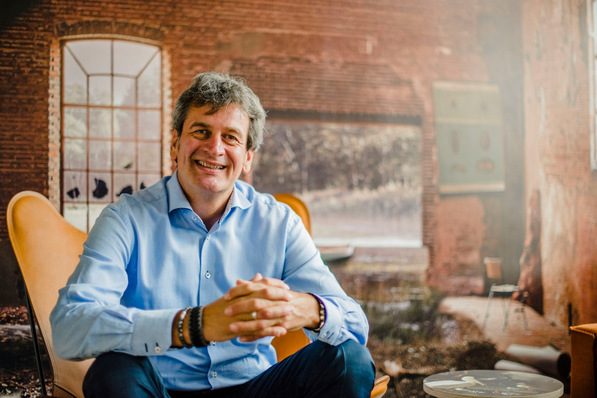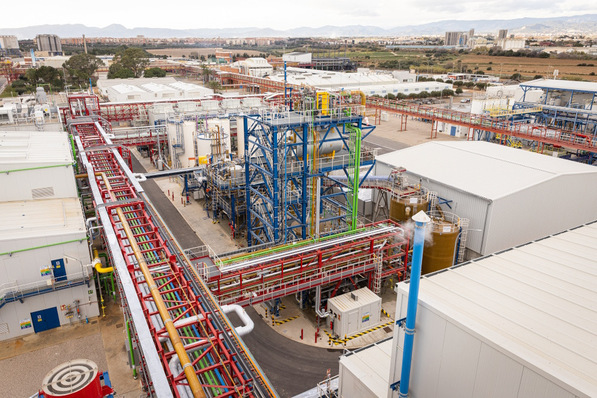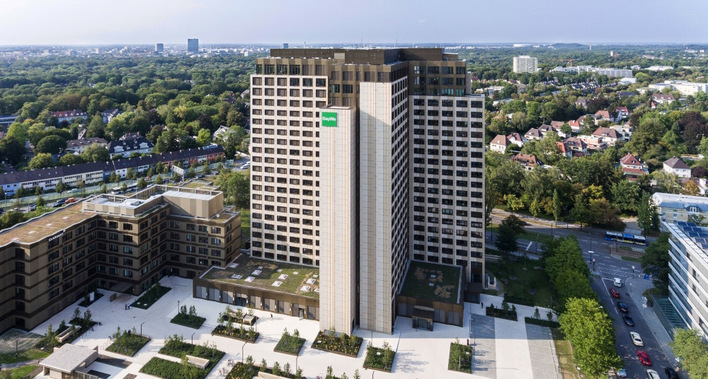Q Cells, a total energy solutions provider in solar, energy storage, downstream project business and energy retail, recently announced that it will invest around 125 million euros in research & development at its Headquarters for innovation, technology and quality in Thalheim, Germany over the next three years. More than 20 million euros of this amount will be used to acquire new equipment and machinery – 10 million euros of which will be spent in the next 12 months. The new equipment will be used to develop and commercialize the next generation of solar cells and modules based on the company's Q.ANTUM photovoltaic technology. The new developments are intended to significantly increase the efficiency and performance of solar technology. This will increase the competitiveness of solar energy through reducing its LCOE (Levelized Cost of Electricity) and thus the cost per kWh for the end user.
Daniel (JW) Jeong, Global CTO at Q Cells and based in the Thalheim R&D and Technology HQ, said: "Q Cells is proud of its rich history of formative innovations in solar technology. With the investments that the company has now decided upon, we are laying the foundations for the next groundbreaking innovation that Q Cells will develop in Germany and commercialize for the global solar markets."
Long-term objective despite Covid-19 crisis
Q Cells has a strong history in developing its leading solar products in Germany, where the company employs over 550 people at its sites in Thalheim and Berlin. Of these, more than 200 highly qualified engineers in R&D and quality management are employed in the research and development of new photovoltaic technologies and solar solutions in Thalheim. The fact that the company is announcing its current investment decision in the midst of the turbulence in the Covid-19 crisis is a clear signal of the company's confident outlook and long-term orientation as a provider of clean energy solutions based on leading solar technology.
CTO Jeong added: "Q Cells always plans its business decisions with an eye on long-term success. Photovoltaic technology will be the key pillar of the energy turnaround in Germany, Europe and throughout the world – not only as a direct supplier of electricity, but also as a provider of clean energy for the green hydrogen economy. This is why, especially during the global pandemic, we are focusing on strategic investments that will further advance solar technology as a flexible, affordable, and adaptable energy source that can prevail over established fossil fuel-based industries."
Patents protect long-term investments in innovation
Already in 2019 Q Cells invested in new machinery for its research & development location in Germany. With this current investment offensive, the company also underlines its position that the technological achievements made possible by long-term backing for innovation must remain protected by patents.
"Q Cells promotes and faces fair competition for the most innovative photovoltaic technology,” stressed CTO Jeong “To this end, our company is injecting 35 million euros every year into our R&D Headquarters in Germany alone, to deliver even greater support to this vital component of Q Cells, which supports more than 200 highly qualified and technologically oriented jobs. We can only maintain this level of investment when given the legal assurance and the confidence that our technologies cannot simply be copied with impunity, and that patented technologies will be effectively protected by the law.” In this context, Jeong added: “We are pleased that the Regional Court of Düsseldorf has recently upheld our patent infringement complaint, finding that JinkoSolar GmbH, REC Solar EMEA GmbH, and LONGi Solar Technologie GmbH unlawfully incorporated Q Cells’ patented technology into specific solar products of the respective brands. Such an acknowledgment strengthens our confidence that we can continue to set the technological bar ever higher and maintain our sustained investment on the research and development.”
Jeong concluded: “Ultimately, photovoltaic technology can only survive in competition with fossil fuels if the solar industry can improve it in good faith, and thus create more affordable products introduced into a fair competitive environment. Finally, this environment renders renewable and affordable benefits to end users in public". (mfo)







